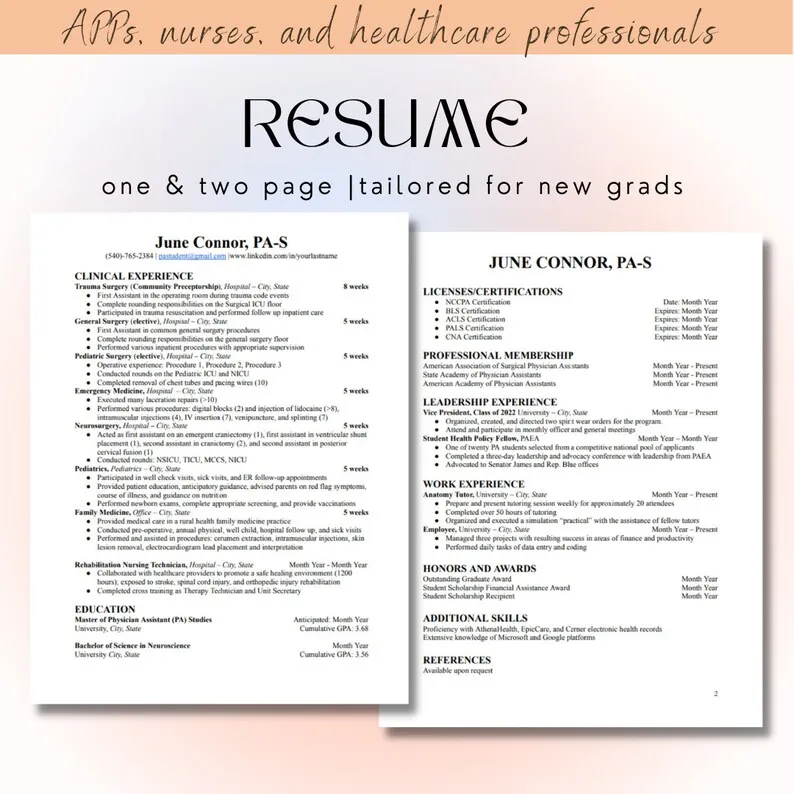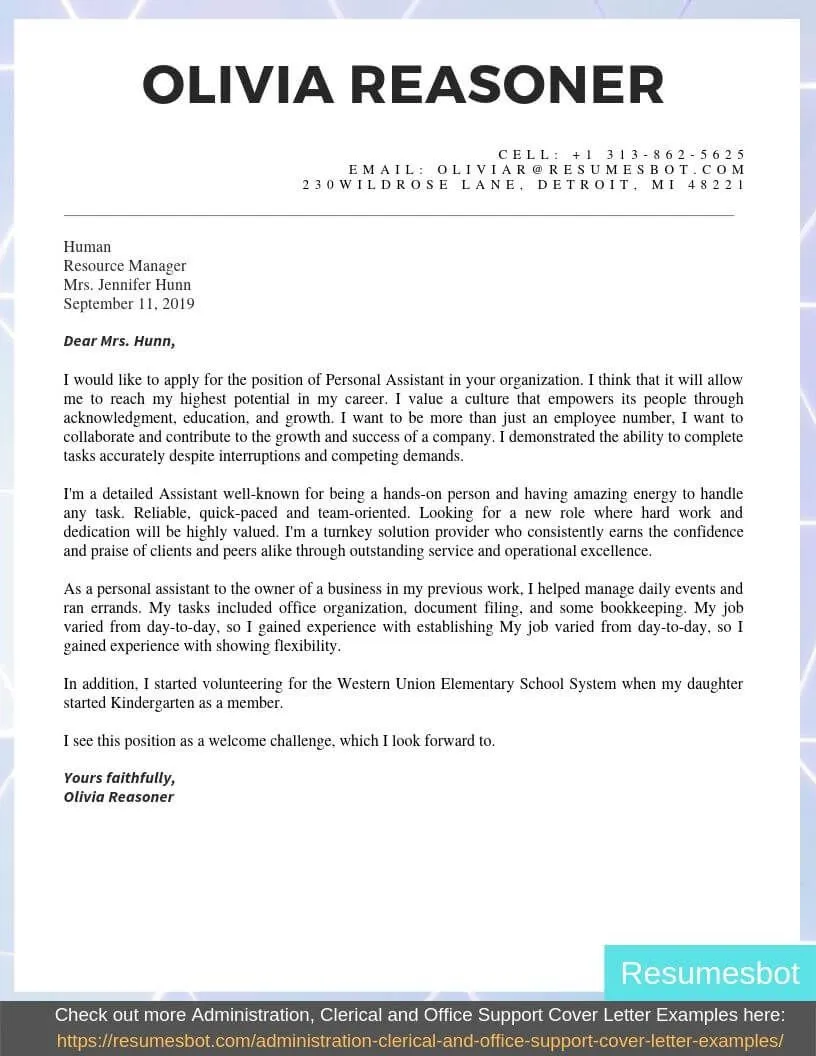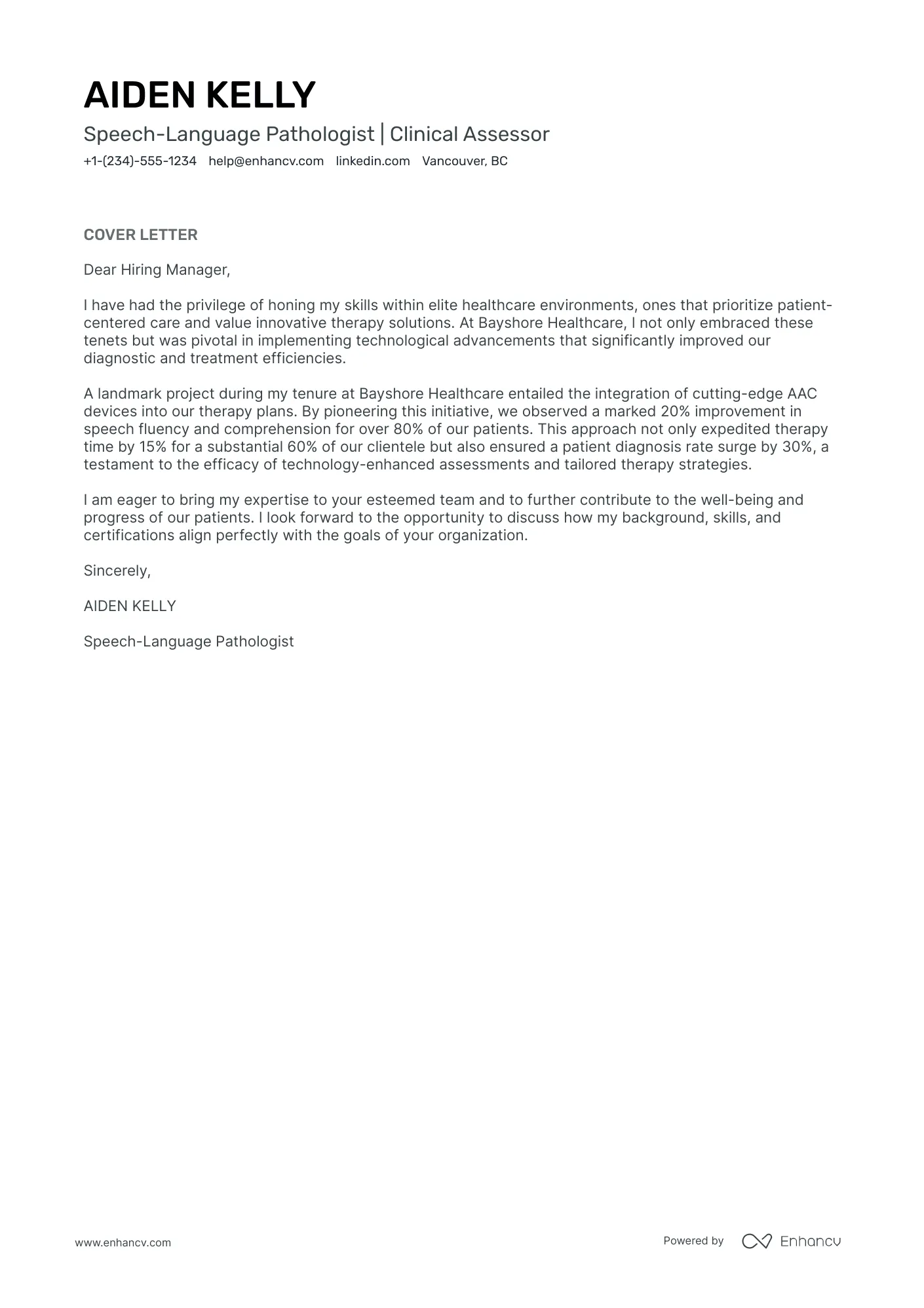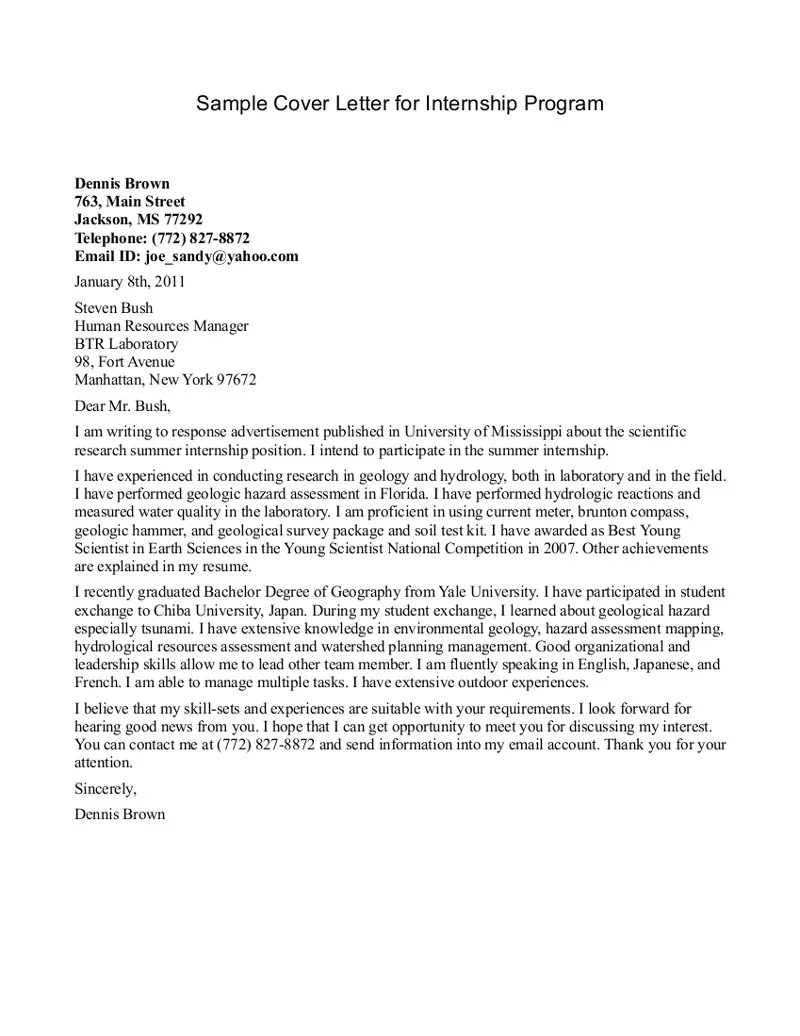Highlighting Key Skills
As a new graduate Physician Assistant (PA), your cover letter is your first impression. It’s your chance to showcase why you’re the ideal candidate. Since you might lack extensive professional experience, focusing on your skills is paramount. This section dives into highlighting the crucial skills that make you stand out. Remember, the goal is to convince the hiring manager that you possess the core competencies necessary to excel in the role. This involves identifying the skills most relevant to the specific PA job you’re applying for and demonstrating how you’ve acquired and utilized them. Tailoring your letter to each application is essential, as each position may prioritize different skills. This section will guide you through the process of identifying, articulating, and effectively presenting your skills to make a compelling case for your candidacy. A well-crafted cover letter can significantly increase your chances of getting an interview, so let’s make sure yours shines.
Identifying Your Target
Before you begin writing, clearly identify the skills most valued for the PA position. Review the job description thoroughly to understand the employer’s requirements and expectations. Some common skills include patient assessment, diagnostic reasoning, treatment planning, and communication. Consider your clinical rotations and any experiences, even those in non-clinical settings. Think about the skills you developed in each setting and how they relate to the role. For example, strong organizational skills gained during a fast-paced rotation can be presented as a key skill. Match your skills with the needs of the employer. Use keywords from the job description. If a job posting mentions the need for someone proficient in electronic health records (EHR) systems, be sure to mention your experience with those systems. By pinpointing the right skills, you will create a cover letter that is both relevant and compelling, increasing your chances of getting the attention of the hiring manager.
Skills to Include

When listing your skills, be specific and provide concrete examples. Instead of simply stating ‘strong communication skills,’ describe instances where you effectively communicated with patients, physicians, and other healthcare professionals. For instance, ‘Successfully explained complex medical information to patients, leading to improved understanding and compliance with treatment plans.’ Similarly, if the job requires procedural skills, detail any procedures you have experience with during your clinical rotations. Quantify your experiences whenever possible. Instead of stating ‘managed patient care,’ state ‘Managed the care of 15-20 patients daily, ensuring accurate documentation and efficient workflows.’ This level of detail not only highlights your skills but also provides tangible evidence of your abilities.
Researching the Practice
Before writing your cover letter, thoroughly research the practice you are applying to. Understanding their mission, values, and patient demographics will help you tailor your letter to demonstrate your interest and suitability. Visit their website, read online reviews, and explore their social media presence. If possible, reach out to current employees or former classmates who have experience with the practice. This research will provide valuable insights into the practice’s culture and the type of PA they are looking for. Use the information you gather to customize your cover letter. Mention specific aspects of the practice that resonate with you and explain why you are drawn to their mission. Show that you have taken the initiative to learn about the practice and that you understand its needs. This will demonstrate your genuine interest and make you stand out from other applicants.
Format and Structure
A well-structured cover letter is easy to read and highlights your key qualifications. The standard format includes an introduction, body paragraphs, and a conclusion. The opening paragraph should grab the reader’s attention and state the position you are applying for. The body paragraphs should detail your skills, experiences, and how they align with the job requirements. The conclusion should reiterate your interest and thank the reader for their time and consideration. Use clear and concise language, avoiding jargon or overly complex sentences. Ensure that your cover letter is error-free and visually appealing. Use a professional font, and maintain consistent formatting throughout. Proofread meticulously, or ask a friend or mentor to review your letter before submitting it. The format and structure should create a positive first impression.
Contact Information

Begin your cover letter with your contact information, including your full name, address, phone number, and professional email address. Ensure that your email address is professional and easy to read. This allows the hiring manager to quickly and easily contact you. Consider including a link to your online professional profile, such as LinkedIn, if you have one. This provides an additional way for the hiring manager to learn more about your background and experience. Always double-check the contact information to avoid any errors. A simple typo can prevent a potential employer from reaching out to you, so accuracy is essential.
Opening and Closing
The opening and closing paragraphs are critical to making a strong impression. In the opening, state the position you are applying for and where you saw the job posting. Briefly mention why you are interested in the position and what makes you a good fit. In the closing, reiterate your interest in the position and thank the hiring manager for their time and consideration. Include a call to action, such as ‘I am eager to discuss my qualifications in an interview.’ Always end your letter with a professional closing, such as ‘Sincerely’ or ‘Respectfully,’ followed by your name. These elements frame your cover letter, setting the tone for your application and leaving a lasting positive impression.
Tailoring the Letter
One of the biggest mistakes new grads make is sending a generic cover letter. Tailoring your cover letter to each specific job and practice is absolutely essential. Generic cover letters are easily identifiable and often end up in the rejection pile. Customization shows the hiring manager that you’ve taken the time to understand their specific needs and are genuinely interested in the role. Review the job description carefully and use keywords from the posting. Show that you have researched the practice and understand its mission, values, and patient population. Tailor your skills and experiences to match the job requirements, and explain how you can contribute to the practice’s success. Personalized letters demonstrate a proactive approach, reflecting your eagerness and commitment to the opportunity. It also significantly increases your chances of getting noticed.
Demonstrating Passion

Expressing your passion for the PA profession and the specific opportunity is crucial. Hiring managers want to see that you are enthusiastic about the role and committed to providing excellent patient care. Showcase your passion by explaining why you chose to become a PA and what motivates you. Share any relevant experiences that have shaped your interests and career goals. Discuss any volunteer work, research projects, or extracurricular activities related to healthcare. Explain what excites you about the practice and how you can contribute to their mission. Be authentic and let your personality shine through. Passionate candidates are more memorable and are often preferred because they are more likely to be dedicated and enthusiastic about their work. Conveying your passion makes your application more compelling.
Showcasing Relevant Experiences
As a new grad, you might feel like you lack experience. However, your clinical rotations and other experiences provide a rich foundation to build upon. Even if your experiences are not directly related to the job requirements, find ways to make them relevant. Discuss your clinical rotations, detailing the specialties you worked in and the specific skills you developed. Highlight your experiences in patient assessment, diagnostic reasoning, treatment planning, and patient education. If you have any shadowing experiences or volunteer work, include details about your roles and responsibilities. Focus on the skills you acquired, the challenges you overcame, and the lessons you learned. Frame your experiences to demonstrate your abilities, even if they are not as extensive as those of more seasoned professionals. Focus on what you have accomplished and how those accomplishments align with the requirements of the job.
Quantifying Achievements
Quantifying your achievements is an effective way to make your cover letter more impactful. Instead of simply stating ‘provided excellent patient care,’ provide specific examples and measurable results. For instance, ‘Managed the care of 20+ patients daily, resulting in a 15% decrease in patient readmission rates.’ Use numbers to demonstrate your impact and highlight your efficiency. If you were involved in any research projects, mention the scope and the outcomes. If you participated in any volunteer work, state the number of hours you dedicated. Quantifying your achievements adds credibility to your claims and allows the hiring manager to better understand your capabilities. Whenever possible, provide concrete numbers to illustrate your skills, experiences, and contributions. This level of detail strengthens your application and can significantly increase your chances of getting noticed.
Proofreading and Editing

Proofreading and editing your cover letter is essential for a professional presentation. Even minor errors can undermine your credibility and make a negative impression on the hiring manager. Before submitting your cover letter, carefully review it for any grammatical errors, spelling mistakes, and typos. Use a spell checker, but don’t rely on it entirely. Read your cover letter aloud to catch any awkward phrasing or unclear sentences. Ensure that your cover letter flows logically and effectively conveys your message. Proofread for clarity, conciseness, and coherence. This process demonstrates attention to detail. Ensure that your contact information and the name of the hiring manager are correct. Mistakes can be detrimental. A well-edited cover letter projects professionalism and attention to detail.
Review and Revise
After the initial draft, take a break and then return to your cover letter with a fresh perspective. Review your cover letter multiple times, focusing on different aspects each time. During the first review, check for overall structure and flow. Does the letter make sense? Is the information organized logically? During a second review, focus on the content. Are you conveying your message effectively? Do you showcase your key skills and experiences? During a third review, focus on grammar, spelling, and punctuation. Ensure the letter is error-free. Make necessary revisions to improve clarity, conciseness, and impact. Each review should result in improvements, so the finished product is polished and persuasive. Revision is a critical step in writing a compelling cover letter. Be willing to make changes, and don’t be afraid to rewrite sections to strengthen your application.
Seeking Feedback
One of the most effective ways to improve your cover letter is to seek feedback from others. Ask trusted individuals, such as mentors, professors, or career counselors, to review your letter. Provide them with a copy of the job description and ask for their honest opinions and suggestions. Encourage them to identify any areas for improvement and to provide constructive criticism. Take all feedback seriously. Be open to making changes based on their suggestions. Be sure to explain the context of the job application to reviewers, so they can understand the goals of your cover letter. Even small changes based on suggestions can make a big difference. Incorporating feedback from others ensures that your cover letter is well-written, compelling, and tailored to the job requirements. Seeking feedback improves your chances of getting noticed and landing an interview.
In conclusion, a well-crafted cover letter is crucial for new PA grads. By highlighting key skills, tailoring the letter, and demonstrating passion, you can make a strong first impression. Remember to quantify your achievements and proofread meticulously. Following these 5 tips will significantly increase your chances of securing a job interview. Good luck with your job search!
